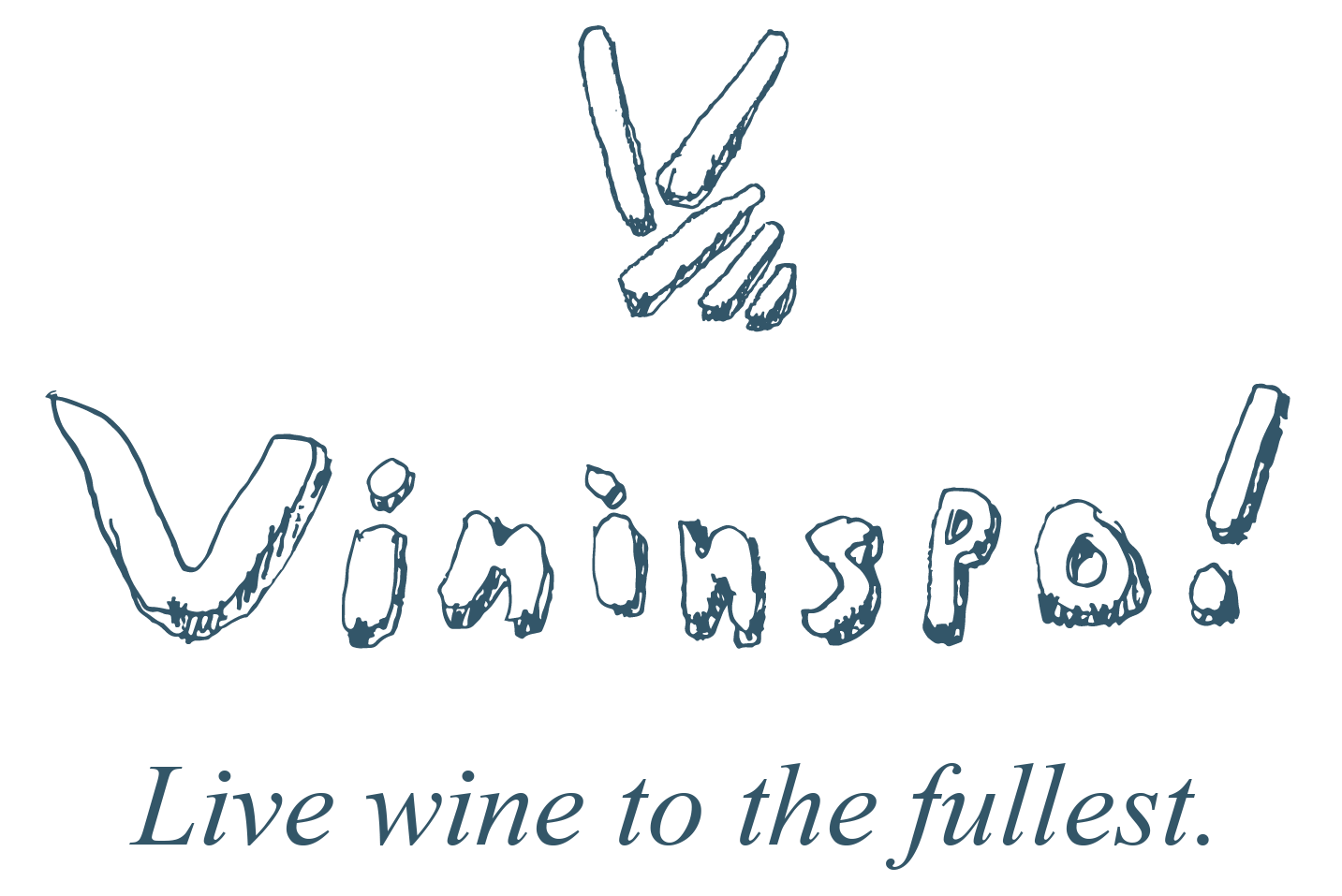The Moneyball of wine: Thoughts on the value of thinking
“Whereas I used to write one ‘Dear Jackass’ letter a year, I now write maybe 30. I hate to say it—and I hope you’re not one of them—but I am encountering more and more of my own readers that I don’t even like; nitwits who glom onto something superficial in the book and misunderstand its underlying message.” That’s taken from Breaking the Wand, an essay from The 1988 Baseball Abstract by Bill James. It’s quoted in series three of Michael Lewis’s excellent Against the Rules podcast—in an episode aptly titled Field of Ignorance.
Lewis is the brilliant journalist and alternative thinker who wrote Moneyball—the book that became the film—based on Bill James’s experience.
“The gist of Bill’s complaint about his own followers,” says Lewis, “was that they were using numbers to persuade themselves—and others—that they knew more than they actually knew, especially when it came to valuing human beings.”
This is Bill James writing a decade earlier than that essay: “The Baseball Abstract for three years has reverentially avoided rating people. It has been almost a point of honour, for a rating is a form of opinion; if it is ground out of a formula it becomes an opinion expressed in numbers.”
OK, nicely put. And this is what I’m getting at. Lewis picks up: “Forget about baseball. Instead, think of all those numbers that substitute for understanding all sorts of things: wines; universities; podcasts. We now quantify and then move on, as if there’s nothing more to say, when there’s often a lot more to say.”
Lewis continues: “The problem is not the numbers, obviously; it’s how people use them. The numbers start out as tools for thinking. They wind up replacing thought.”
In wine commentary, you see numbers replacing thought everywhere. Prices, discounts, scores, rankings. As Lewis says, nothing wrong with numbers per se, although their prevalence in wine is numbing, stifling – and there’s certainly nothing wrong with criticism, so long as it’s considered, rigorous and contextualised… and that’s a whole other story.
But wine is constantly undermining itself, and people are turning off. The discourse is off-putting—“nitwits who glom onto something superficial” on the inside breeding “nitwits who glom onto something superficial” on the outside, or else normal people see these nitwits and run a mile.
None of this would matter much if wine were just a drink. But it isn’t just a drink. It is nature, climate, weather, enterprise, success, failure, history, future, values, culture, travel, fuel for a proper, convivial meal with conversation about all these things and more.
“The numbers start out as tools for thinking,” says Michael Lewis. “They wind up replacing thought.” There are more important things to think about than wine, sure, but wine is a good place to start.
The world needs us to think. My advice? Read widely. Consume enlightening content. Seek interesting people. Keep reimagining the picture. Do things differently. Stop. Think about what actually matters. It’s important for how we might live today, and how we want to live tomorrow.

